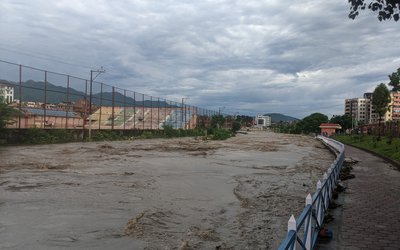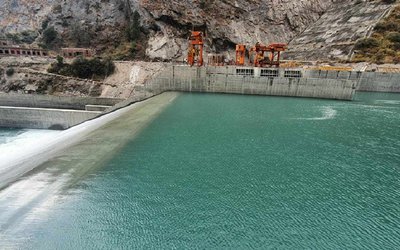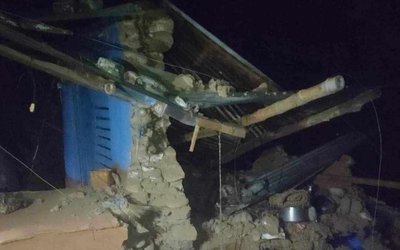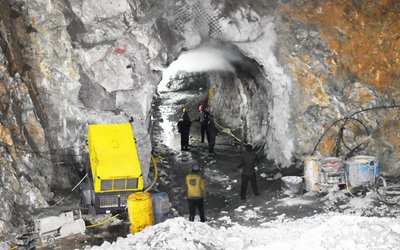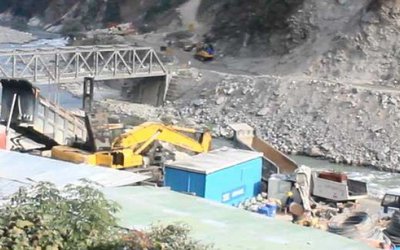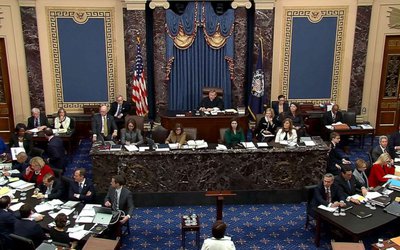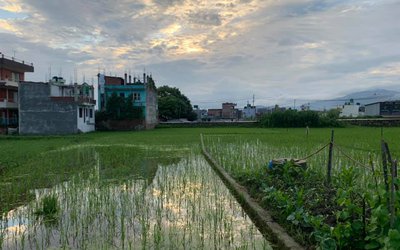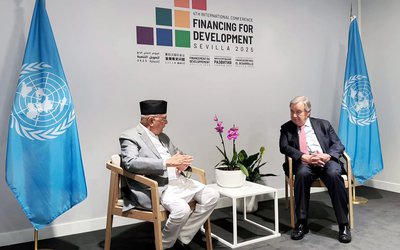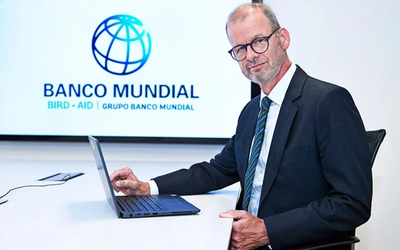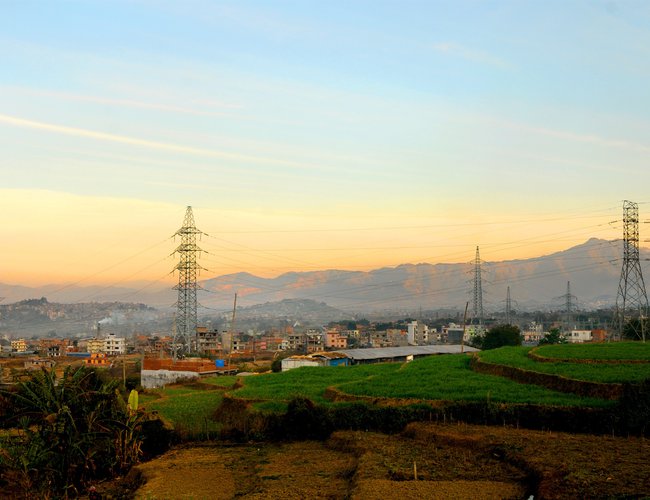
The World Bank has approved its first loan to strengthen the finances and operations of Nepal’s energy sector, so it can deliver reliable, affordable and sustainable power to the Nepali people.
The $100 million Nepal Energy Sector Development Policy Credit (DPC) aims to implement key policy, regulatory and institutional measures. These include improving the financial viability of the Nepal Electricity Authority (NEA) as the sole off-taker; establishing a regulatory framework that is transparent, autonomous, and accountable; encouraging electricity trade; and restructuring NEA to make it easier for the private sector to compete in the energy sector.
“The proposed credit aims to support the restructuring and market reform of the electricity sector to improve governance and performance of electricity institutions, eventually enhancing quality and efficiency in services,” said Faris Hadad-Zervos, World Bank Country Manager for Nepal. “Our goal is to seek integration into the regional electricity market and create a competitive wholesale market.”
Despite Nepal’s large hydro generation potential, electricity constitutes of less than 5 percent of energy consumption. While 95 percent of the population is estimated to have access to grade and off-grid electricity, the per capita electricity consumption of 177 kWh per year is a twentieth of the global average, and a fifth of the per capita electricity consumption in South Asia.
Nepal also relies increasingly on electricity imports to reduce the electricity shortage in the country, while large export-oriented hydropower projects are yet to materialize in spite of huge opportunities. The credit aims to implement policy and institutional measures to overcome these challenges and help bring about structural reforms in the energy sector, to ensure affordable electricity services and encourage predictability for sustainable investment.
“The development policy credit is linked to the government’s key sector goals of expanding access to electricity to one hundred percent of the population,” said Xiaoping Wang, Senior Energy Specialist at the World Bank and Co-Task Team Leader of the Project. “In the long term, the implementation of the credit will also support key institutional and policy actions necessary for the removal of binding constraints to private investment in the sector,” she added.
The World Bank Group and Nepal:
In Nepal, the World Bank Group (WBG) includes the International Development Association (IDA), the concessionary lending arm; the International Finance Corporation (IFC), the private sector arm; and the Multilateral Investment Guarantee Agency (MIGA), the investment risk insurance arm.
The World Bank currently supports 22 active investment projects in Nepal with US$ 2.5 billion dollars in commitments from IDA. The indicative resources available under IDA18 (FY2018-2020) are about US$ 1.39 billion, including US$ 300 million from the IDA Risk Mitigation Regime. IFC aims to commit about US$ 800 million to US$ 1.2 billion over the five-year period (FY19 to FY23). MIGA is actively seeking opportunities to support foreign private investment into Nepal. IFC and MIGA may make use of the IDA IFC/MIGA Private Sector Window (PSW) and the MIGA Guarantee Facility to underwrite eligible projects.
The World Bank Group (WBG) fielded its first economic mission to Nepal in 1963 to assess the country’s development prospects and challenges. It approved its first credit in 1969 for a telecommunications project. Since then, the World Bank has provided Nepal US$ 4.75 billion in assistance (US$ 3.48 billion in credits and US$ 1.27 billion in grants).
- Weather Forecast: Generally Cloudy With Light To Moderate Rainfall In Many Places
- Jul 02, 2025
- Prime Minister Oli And UN Secretary-General Discussed Issues of International Concerns
- Jul 01, 2025
- Nepal Airlines Corporation in 67 years
- Jul 01, 2025
- Johannes Zutt Appointed World Bank Vice President for South Asia
- Jul 01, 2025
- Weather Forecast: Generally Cloudy With Heavy Rainfall Is Likely In One Or Two Places Of Kathamndu Valley, Madhesh And Koshi Province
- Jul 01, 2025
